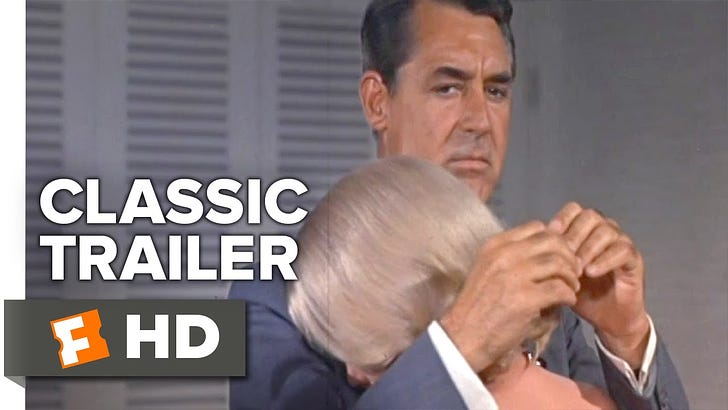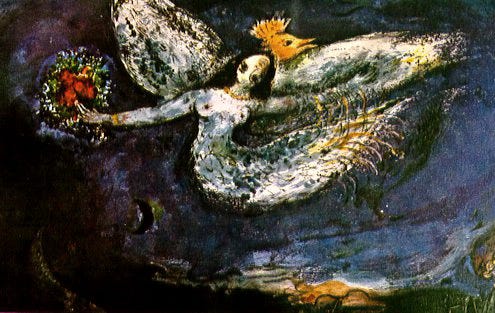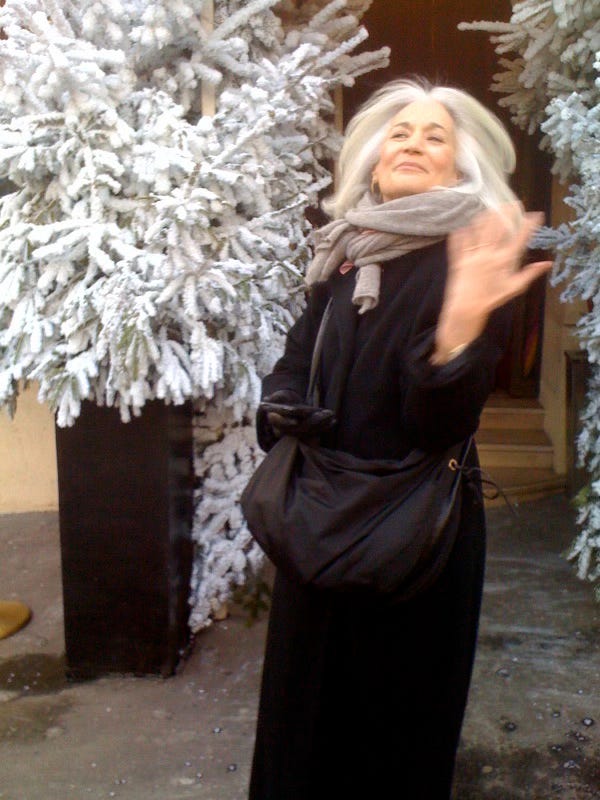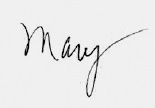You Cannot Get Out of the Game: Chapter 46
(Re)Making Love: A serial memoir
Come in the middle? Here’re links to ➡️ Chapter One, Chapter 2, Chapter 3, Chapter 4, Chapter 5, Chapter 6, Chapter 7, Chapter 8, Chapter 9 , Chapter 10, Chapter 11, Chapter 12, Chapter 13, Chapter 14 , Chapter 15 , Chapter 16, Chapter 17, Chapter 18, Chapter 19, Chapter 20, Chapter 21, Chapter 22, Chapter 23, Chapter 24, Chapter 25 , Chapter 26, Chapter 27, Chapter 28, Chapter 29, Chapter 30, Chapter 31, Chapter 32, Chapter 33, Chapter 34, Chapter 35, Chapter 36, Chapter 37, Chapter 38, Chapter 39, Chapter 40, Chapter 41, Chapter 42, Chapter 43, Chapter 44, Chapter 45
You Cannot Get Out of the Game
While I was dating, while the process of discovery unfolded, before Paris, D. sent me an article about the winemaker we’d met on a vacation to Napa: Soter’s winery is Etude: a word that evokes memory and music and a type of composition that was sometimes written as an exercise: to learn from.
That’s what we’ve been doing, creating an etude.
Over a glass of wine in Paris at Café Sevigny, after I’d let him into my apartment, after we’d spent a week together, walking the streets of Paris, D. said to me, “Mary, I look at you and I see your heart. You lead with your heart. Even into battle, you lead, fearless, with your heart. The world sees, but does not understand. Your brave little heart is bruised and hurt. But again you lead with your heart, and again, and again. I want to be the person who protects that heart.”
I don’t simply recall this. I now have it in writing because I recently asked him if he recalled that moment and instead of simply answering, “Yes,” he wrote what you have just read and sent it to me.
It is almost as if he has been in my corner while I battled the world as a single woman, new to the venue.
Back home in D.C. after Paris, we made love after a ballet performance at the Kennedy Center where I have season tickets, where I have gone alone, treated myself to a box seat. He bought a ticket in the orchestra where he could look up and see me. The ballet does not matter, but I would have liked for it to have been Stravinsky’s The Firebird, which I have seen though not with D.
My favorite is the choreography by Balanchine because Stravinsky and Balanchine knew each other and collaborated. Chagall did the sets that I have only seen in photos after the two reshaped the ballet for its premiere in November 1949, the year of D.’s birth, for the New York City Ballet.
Stravinsky wrote the first version of The Firebird in 1910 when he worked with the choreographer Fokine who held the reins—an unsatisfying relationship that would inform Stravinsky. With Balanchine, something new and separate arose from what has been viewed as a true collaboration: music and dance: Stravinsky, so involved that he conducted the 1949 premiere. Is there any way to perceive with exactitude what each contributed to the partnership? How the music affected the dance? Or was it the other way around? It is said the result was like nothing ever seen before.
D., with his perfect pitch, often speaks of the inability of recorded music to ever exactly reproduce the same sound waves as live instruments. He’s also schooled in the sciences. I suspect that he might assert, It’s an impossibility the way reaching absolute zero, the temperature at which all motion down to and including the subatomic level ceases, is impossible to reach despite the fact that it is a fixed and precisely known temperature and the object of much modern-day effort to achieve a laboratory reading as close to it as possible. This, the Third Law of Thermodynamics, seems to me an apt metaphor for the inability of a recording to reproduce exactly.
Similarly, if events can be said to have occurred in an exact manner, perception can never capture that exactitude. I put it this way: I recall the events that happened between me and D. but I will not “reach absolute zero” in the telling, let alone in my understanding of why he left me.
I remember when I lay in bed and cried over the Second Law of Thermodynamics. I said to D., “That’s my problem. I’m going to entropy.” My marriage had broken. D. had said, “I need to be alone.”
But here’s the thing, he stayed in the game, pursuing the elusive me while I dreamed of the elusive D. He says I come to him in fire and music. He says he’s no hero. But I beg to differ because he has had the etude of our dance in his head.
I listen to The Firebird. Stravinsky switches between the ominous themes in minor keys and the glorious themes in major keys, with large variations in volume for both, much of it played at the extremes. These forces struggle throughout for the upper hand, and the outcome is not clear until the end—like a good movie. While we generally know which is which (ominous and glorious), things get complicated. Some of the quieter glorious passages have an ominous undertone. Some instruments serve as an “instrument” of the ominous at some points and the glorious at others. There are some steady voices—the horns repeatedly sounding caution; the oboe as the only consistent (almost without exception) expression of hope.
It’s like the movie North by Northwest, which is not so different from The Firebird—all tug between good and bad, with the good guys and bad guys clearly drawn. Deep down, we know who is who even when it seems we don’t. The only thing we don’t know is who will prevail (theoretically, if you put aside the fact that it’s Cary Grant).
A frantic battle ensues—this is pretty late in the piece—the fifth section; the sections are short and the whole piece is only forty-one minutes, twelve seconds. The next scene moves into a lush melody with a strong hint of foreboding, or even despair, with cries and pleas from solo instruments.
Now that I have found the Paris that is not on any map and the one that is, now that I have been through a long process of self-discovery that is far from over, logic tells me the Laws of Thermodynamics rule.
Once, when we had that chef’s kitchen, D. complained that the new dishwasher—a German-made product that supposedly was built to last—wouldn’t drain, “The damn thing is two years old and broken.” I laughed and said, “You forget the Second Law of Thermodynamics.”
On the day I wept, when the marriage was broken, before I got in that cab with my one large suitcase and flew away to Missouri, he said at the side of the bed where I lay in despair, “But you forget the First Law, the Conservation of Energy: Energy can be neither created or destroyed.”
I didn’t understand.
I only understand this—and it has been a long time coming: The only path D. could follow was to leave to discover himself. But he never forgot the Laws of Thermodynamics.
C.P. Snow provided this shorthand to remember the laws: 1. You cannot win. 2. You cannot break even. 3. You cannot get out of the game.
But if you stay in the game, you can dance even when it seems that the dancers have all gone under the hill.
Coming next: Chapter 47: Lost and Found Table of Contents
Love,







Oh, I love how you weave all these multiple strands ~ Paris, ballet, marriage, music, thoughts, physics, dialogues, memories, feelings, inner journey into one captivating tapestry of words. Beautiful and moving.
The Mary of Thermodynamics: all suffering unravels and then reveals, at its heart, that which never unraveled.
This chapter is GORGEOUS. And I must add, Balanchine’s Firebird held me, entranced me, as a teen. I owned a copy of Dancing with Mr. B and watched the VHS on repeat. The Firebird clip with Maria Tallchief is pure poetry. https://m.youtube.com/watch?v=0y_tWR07F7Y